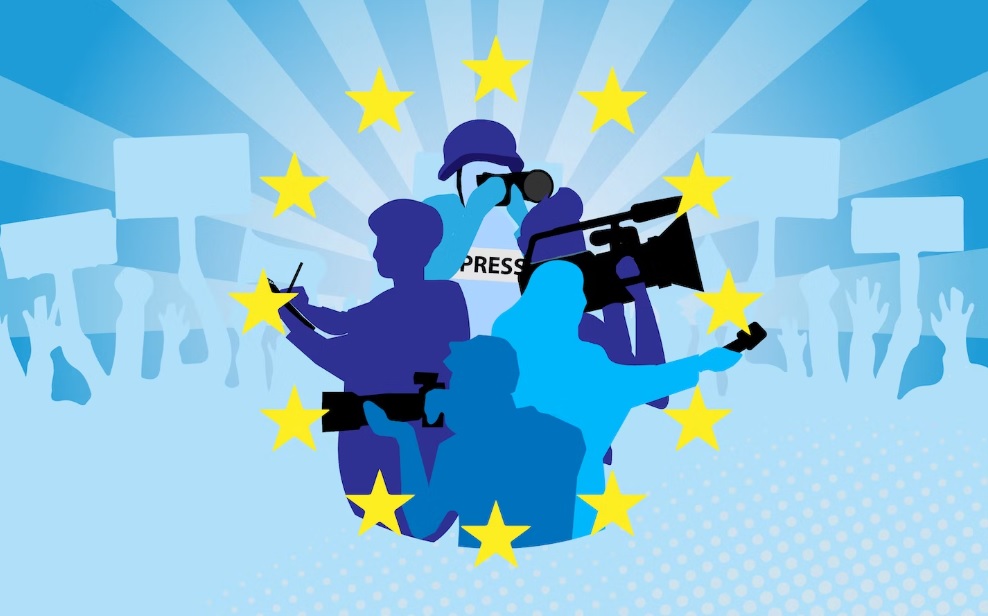The draft legislation unveiled by the Swedish presidency, after an agreement by member states' ambassadors, would empower national security agencies to eavesdrop on journalists. The Media Freedom Act (EMFA) gives new powers to National governments to monitor media companies and news websites for "systematic breaches of journalistic standards". Offending organizations could face large fines and be banned from receiving EU funding.
The assertion that permission to spy on the press was required in the interests of national security, according to Dutch MEP and head of the PEGA committee of the European Parliament, Sophie in't Veld, is "a lie."
"I believe the council's actions are unacceptable. It's also incomprehensible” said in’t Velt who oversaw the European Parliament's investigation into the use of Pegasus and Predator spyware on journalists and public figures in European Countries like France, Greece, Hungary, and Poland. "If they're serious about democracy, it's incomprehensible," In 't Veld underlined.
The law also requires tech companies like Facebook and Google to remove "manifestly illegal" content, including "deliberate manipulation of information" and "unverified information."
Critics argue that the law's vague wording opens it to abuse and threatens media pluralism in Europe. The European Federation of Journalists said the law "opens the door to political interference in the media."
European Digital Rights (EDRi), a network of non-governmental organizations (NGOs) and digital rights supporters has urged the European Council to "reconsider" its national security exemptions for eavesdropping on journalists.
The Committee to Protect Journalists called the law "a misguided attempt to regulate journalism" that "could be used arbitrarily to censor dissenting voices."
Supporters of the law argue that It would also increase transparency around media ownership and advertising, set standards for audience measurement, and establish a new European Board for Media Services to monitor compliance.
European Commission Vice-President Vera Jourova hailed the agreement by member states as "an important step forward towards the first European rules to protect media pluralism and freedom".
The text will be debated next in the European Parliament. The Media Freedom Act is an update of the EU's Audiovisual Media Services Directive and builds on recent legislation like the Digital Services Act and Digital Markets Act.
--
illustration courtesy of liberties.eu








